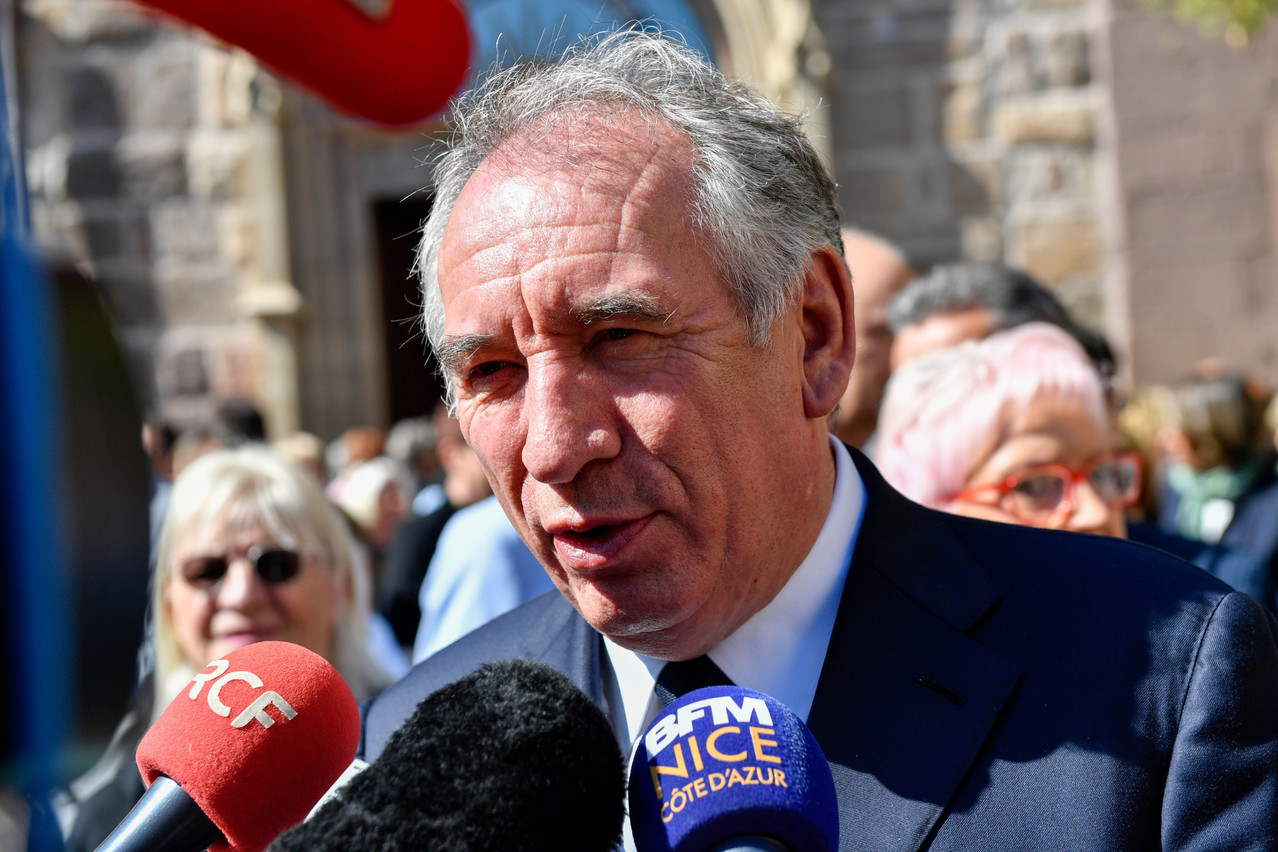On Monday evening, French Prime Minister François Bayrou named the new ministers who will make up his government. New ministers, you say? Not really, the change is not now.
They will remain in their posts: Bruno Retailleau, minister of the interior, Jean-Noël Barrot, minister of Europe and foreign affairs, Sébastien Lecornu, minister of the armed forces, Rachida Dati, minister of culture, Annie Genevard, minister of agriculture and food sovereignty, Catherine Vautrin, minister of labour, health, solidarity and families and Agnès Pannier-Runacher, minister of ecological transition, biodiversity, forestry, the sea and fisheries.
Among those joining (or should we say returning to) the government are two former prime ministers: Élisabeth Borne, who becomes minister for national education, higher education and research, and Manuel Valls, who becomes Minister for overseas France. Two former ministers are returning to a new ministry: Gérald Darmanin, now minister of justice, and François Rebsamen, promoted to minister of town and country planning and decentralisation.
Among the 'real' newcomers to the government: Éric Lombard, currently director of the Caisse des Dépôts, becomes minister for the economy, finance and industrial and digital sovereignty. Marie Barsacq, executive director of the organising committee for the Olympic and Paralympic Games, has been appointed minister for sport, and Laurent Marcangeli mp has been appointed minister for public action, the civil service and simplification.
The vast majority of ministers belong to the presidential camp and none of them seem to be closely linked to the New Popular Front, winner of the last legislative elections.
In addition to this list, there are 18 deputy ministers:
Aurore Bergé – minister delegate in charge of equality between women and men and the fight against discrimination.
Philippe Baptiste – minister for higher education and research.
Clara Chappaz – minister with responsibility for artificial intelligence and digital technologies.
Nathalie Delattre – minister with responsibility for tourism.
Marc Ferracci – minister for industry and energy.
Françoise Gattel – minister with responsibility for rural affairs.
Benjamin Haddad – minister with responsibility for Europe.
Valérie Létard – minister with responsibility for housing.
Véronique Louwagie – minister with responsibility for trade, craft trades, SMEs and the social economy.
Juliette Méadel – minister with responsibility for urban affairs.
Patrick Mignola – minister with responsibility for relations with Parliament.
Patricia Miral – minister for remembrance and veterans.
Amélie de Montchalin – minister for public accounts.
Sophie Primas – minister delegate, government spokesperson.
Laurent Saint-Martin – minister with responsibility for foreign trade.
Thani Mohamed Soilihi – minister delegate in charge of francophonie and international partnerships.
Philippe Tabarot – minister for transport.
A brief chronology of the French government
9 June 2024: Dissolution of the National Assembly by Emmanuel Macron following the defeat of his camp in the European elections.
30 June and 7 July 2024: Early legislative elections. The French voted, leaving a National Assembly fragmented between the Nouveau Front populaire (NFP), Ensemble (the presidential party), and the Rassemblement National (RN). Although the NFP came first, the group only obtained a relative majority.
July 2024: Emmanuel Macron wrote to the French calling for a consensus on "republican principles" before appointing a new prime minister. Gabriel Attal's outgoing government is temporarily maintained to manage current affairs, a brief respite during the Olympic Games.
5 September 2024: Michel Barnier was appointed prime minister, forming a coalition government between the Macronists and Les Républicains two weeks later. Doubts are raised concerning the legitimacy of this government.
4 December 2024: A motion of censure is lodged by the NFP and supported by the RN is adopted, bringing down the Barnier government. It is the first time such a motion has succeeded since 1962.
13 December 2024: François Bayrou is appointed prime minister. He forms a minority government with the task of stabilising the political and economic situation.
This article was originally published in .
